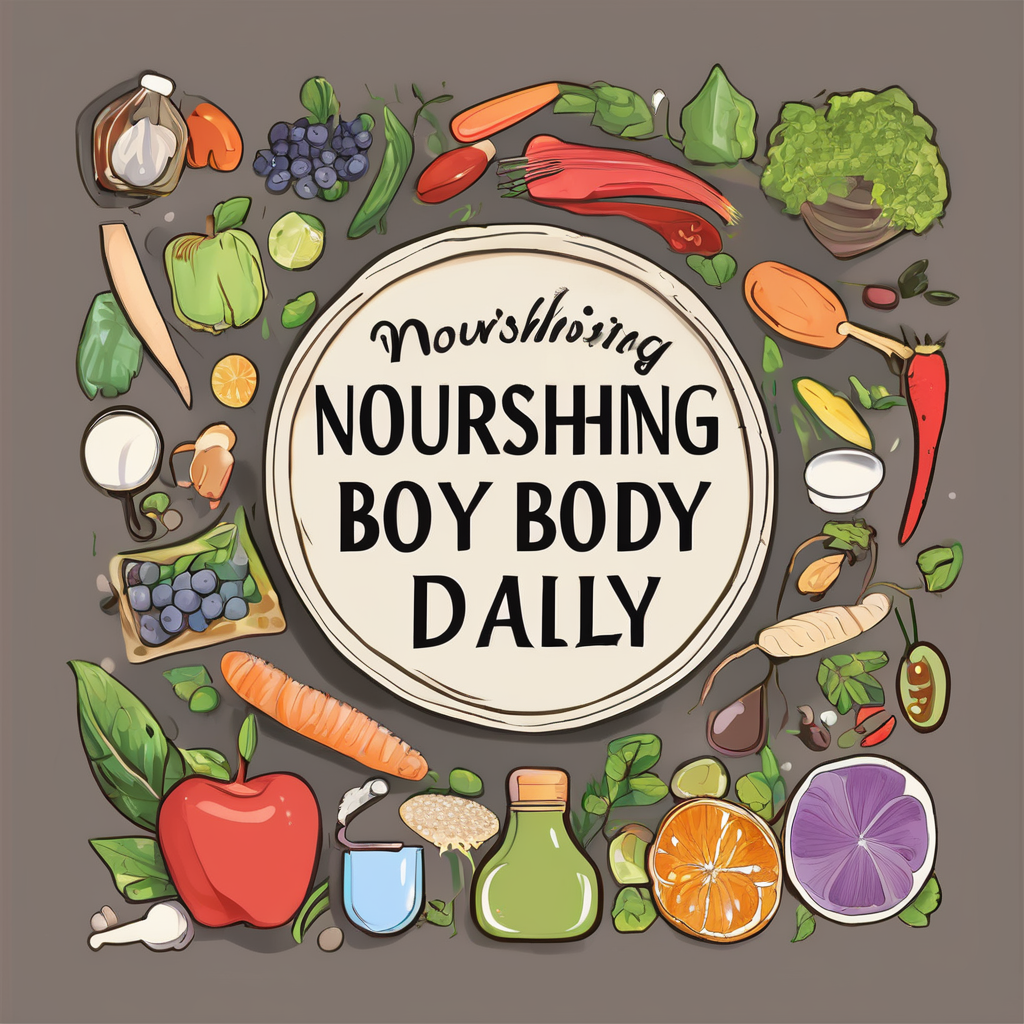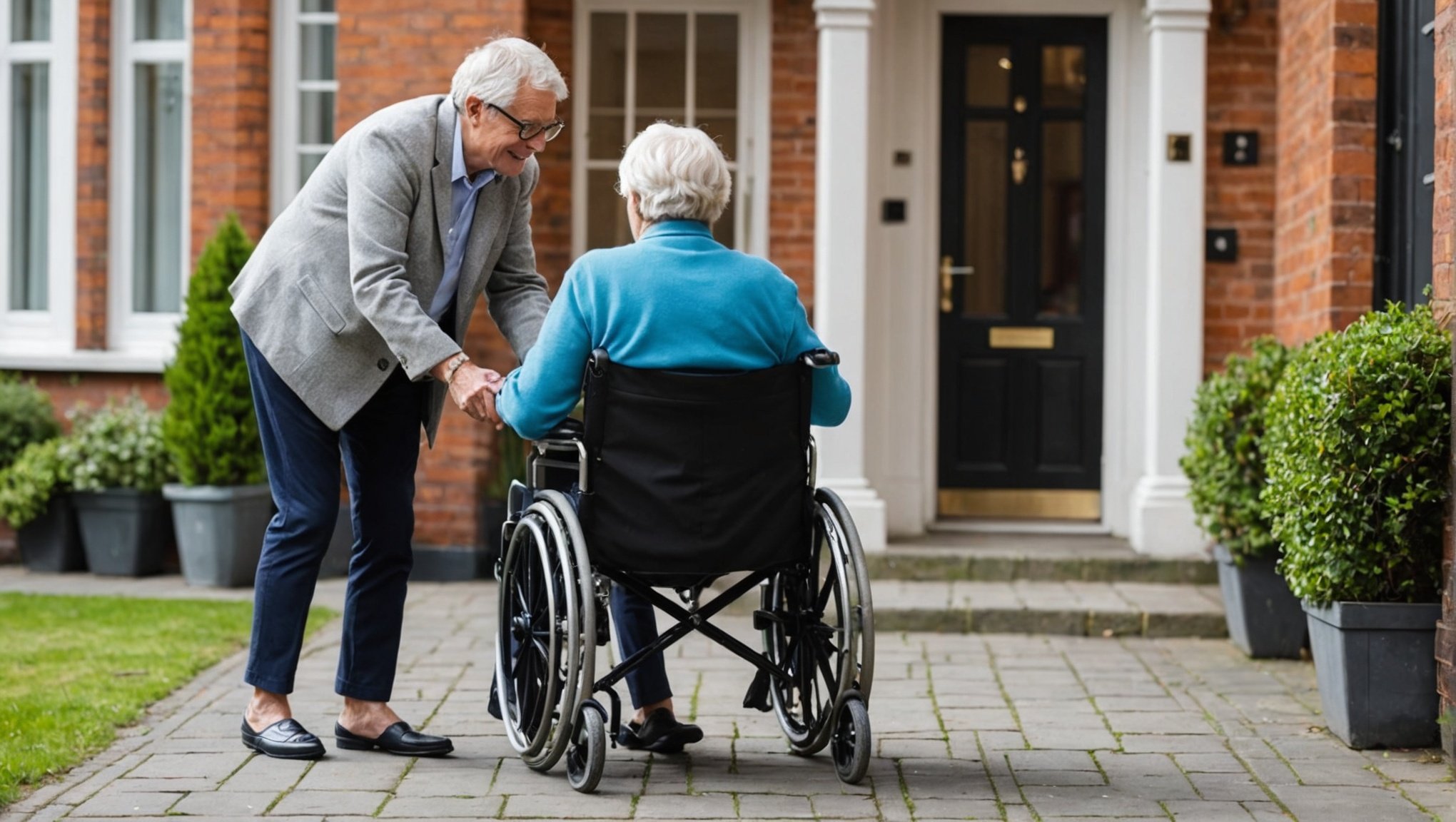Many seniors who might need to make adaptations to their homes to accommodate disabilities or mobility issues often wonder: “Where can I get financial assistance to help with these changes?” For most people, the cost of making a home more accessible can seem prohibitive. But, did you know there are numerous grant schemes available in the UK to help seniors adapt their homes and enhance their quality of life? Whether it’s a stairlift, a walk-in shower, or ramps for wheelchair access, these schemes can provide the financial support needed to make your home safer and more comfortable.
Local Authority Funding
Local authorities in the UK offer numerous grants and financial assistance schemes to help seniors with the cost of home adaptations. The Disabled Facilities Grant (DFG) is one of the best-known of these schemes.
Have you seen this : What Are the Latest Treatments for Senile Pruritus Common in Elderly Skin?
Under the DFG, you can receive up to £30,000 in England, £36,000 in Wales and £25,000 in Northern Ireland for home adaptations. The DFG is means-tested, which means your income and savings will be taken into account when determining if you’re eligible for the grant and how much you can receive. You have to apply for the DFG through your local council, and the adaptations must be necessary and appropriate to meet your needs.
If you live in Scotland, you can apply for help from the local council under the Scheme of Assistance. This scheme provides financial assistance for a range of housing adaptations, enabling people to live more independently in their homes.
In the same genre : How Can Gardening Activities Be Modified to Suit Seniors with Visual Impairments?
Housing Association Grants
If you’re a tenant of a housing association, you can also apply for a grant to fund your home adaptations. These grants are often provided by the housing association itself, and they can cover a variety of modifications, from installing grab bars in the bathroom to widening doors for wheelchair access.
To apply, you usually need to contact your housing association directly. They will typically carry out a needs assessment to determine the extent of the adaptations required. Just remember, these grants are subject to availability, so it’s best to apply as soon as you know you’ll need home adaptations.
Charitable Grants
There are also various charities and non-profit organisations in the UK that offer grants for home adaptations. These include charities like the Royal British Legion, Age UK, and Independent Age.
To apply for these grants, you generally need to contact the charity directly and complete an application form. Some charities may also require a referral from a health or social care professional. While these grants can be highly beneficial, keep in mind that each charity has its own eligibility criteria and application process, so be sure to do your research.
Home Improvement Agencies (HIAs)
Home Improvement Agencies (HIAs) are local, not-for-profit organisations that help people to repair, improve, maintain, or adapt their homes. They often have information about local grants and financial assistance schemes that might not be widely advertised.
HIAs can also provide advice on getting quotes from builders, checking work that’s been carried out, and dealing with any problems that might arise during the adaptation process. This can give you the confidence to go ahead with the necessary work, knowing that you have support available if you need it.
Energy Efficiency Grants
If you’re considering making your home more energy-efficient as part of the adaptation process, you might also be eligible for an energy efficiency grant. These grants can help to cover the cost of improvements like insulation, draught-proofing, and installing energy-efficient heating systems.
In England, Scotland, and Wales, you can apply for an energy efficiency grant through the Energy Company Obligation (ECO) scheme. The ECO scheme is a government initiative that obliges larger energy companies to deliver energy efficiency measures to domestic premises. In Northern Ireland, you can apply for the Affordable Warmth Scheme, which provides a range of energy efficiency measures for households on lower incomes.
Remember, financial assistance for home adaptations isn’t always straightforward to find or apply for, but it’s there. From local authority grants to energy efficiency schemes, there is a wide range of support available to help you make the necessary modifications to your home.
How to Apply for Financial Assistance
Applying for financial assistance for home adaptations can seem like a daunting task. However, knowing the right steps and having the necessary information readily available can make the process much simpler. The first thing to do is to identify the kind of assistance you need according to your personal circumstances. Local authorities, housing associations, charities, Home Improvement Agencies (HIAs), and energy companies all offer different types of assistance.
If you’re applying for a Disabled Facilities Grant (DFG), you should first contact your local council. They will instruct you on how to proceed. The process typically includes an assessment by an occupational therapist to determine your needs, and a means test to assess your income and savings.
For Housing Association grants, contact your association directly. They will conduct a needs assessment and guide you through the application process. If you seek to apply for charitable grants, contact the charity in question directly. Some charities may require a referral from a health or social care professional.
If you’re uncertain about the process, or want advice on other local grants, contact a Home Improvement Agency (HIA) in your area. They can guide you on how to apply and help you make informed decisions.
When considering energy efficiency grants, you can apply through the Energy Company Obligation (ECO) scheme in England, Scotland, and Wales. In Northern Ireland, apply for the Affordable Warmth Scheme.
In all cases, be prepared with your personal information, details about your home, and a clear understanding of what adaptations you need. Patience is key, as getting a stairlift grant or other financial assistance can take time.
Conclusion
Home adaptations can significantly improve the quality of life for seniors, making their homes safer, more comfortable, and better suited to their needs. However, the costs of these adaptations can often be prohibitive, which is why many seek financial support. Thankfully, there are numerous schemes in the UK that can provide this much-needed assistance.
Whether you’re considering stairlift grants, funding for walk-in showers, or support for energy efficiency measures, you have options. Local authorities, housing associations, charitable organisations, HIAs, and energy companies all offer various forms of assistance.
Applying for these grants may seem complex, but with the right guidance and a clear understanding of the process, it can be manageable. Remember to consider all your options, do your research, and don’t hesitate to reach out for advice or assistance.
In conclusion, while the journey to secure financial help for home adaptations may require patience and diligence, the end result—a safer, more comfortable, and accessible home—is undoubtedly worth the effort.











